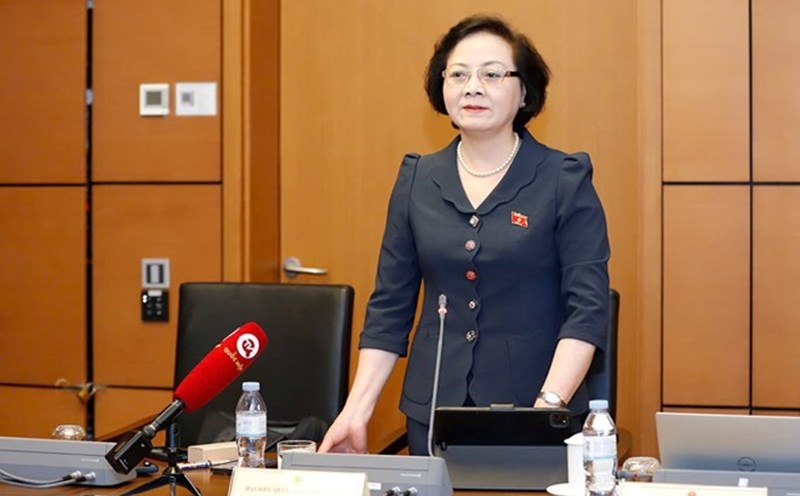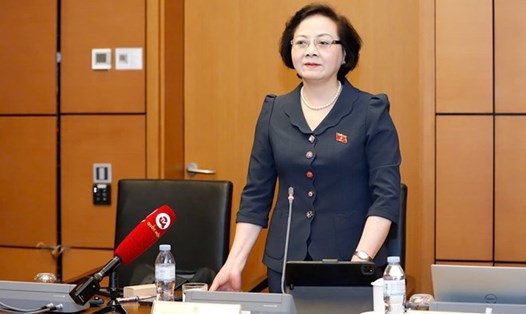The Press Law was passed by the 13th National Assembly, 11th Session on April 5, 2016, effective from January 1, 2017.
However, after more than 7 years of implementation, some provisions of the Press Law have revealed some limitations and inadequacies, not meeting the practical requirements of journalism activities and the development of science, technology and communication.
The Ministry of Information and Communications is soliciting comments on the draft revised Press Law with many important contents, related to the operations of press agencies in the new situation.
The Ministry of Information and Communications said that on February 28, 2023, the Secretariat issued Regulation No. 101-QD/TW on responsibilities, powers and the appointment, dismissal, reward and discipline of press agency leaders.
In particular, there are regulations on standards and conditions for appointment of leaders of press agencies (including heads and deputy heads of press agencies) and opinions from management agencies and state management agencies on journalism before being appointed by the governing body.
Regarding standards and conditions for appointment, there are regulations on having a certificate of training in state management of journalism and the age of appointment as a leader of a press agency.
At the same time, Regulation No. 101-QD/TW also stipulates that the head of the governing body is not allowed to concurrently hold the position of leader of a press agency, the leader of this press agency is not allowed to concurrently hold the position of leader of another press agency.
Meanwhile, the 2016 Press Law only stipulates the standards for appointing heads of press agencies (Article 23) but does not yet have regulations for deputy heads of press agencies.
On the other hand, the appointment standards stipulated in the 2016 Press Law do not have regulations on the certificate of training in state management of journalism and the age of appointment of journalism agency leaders.
The 2016 Press Law only stipulates that the head of the press management agency is not allowed to concurrently hold the position of head of the press agency; the head of the press agency is not allowed to take on the position of head or deputy head of another press agency.
Thus, the provisions of the current Press Law are not complete compared to the provisions No. 101-QD/TW of the Secretariat on responsibilities, powers and the appointment, dismissal, reward and discipline of press agency leaders.
In the draft, the Ministry of Information and Communications has proposed the duties and powers of the head and deputy head of the press agency in Article 27.
"The head or deputy head of a press agency shall not hold the title of head or deputy head of another press agency" - the bill clearly states.
In addition, the Ministry of Information and Communications also proposes that the head of the press agency be the Editor-in-Chief (for print newspapers, print magazines, electronic newspapers, electronic magazines), the General Director or Director (for spoken newspapers, visual newspapers).
The deputy head of the press agency is the Deputy Editor-in-Chief (for print newspapers, print magazines, electronic newspapers, electronic magazines), the Deputy General Director or Deputy Director (for spoken newspapers, visual newspapers).











